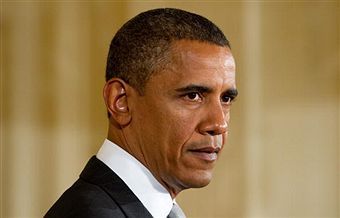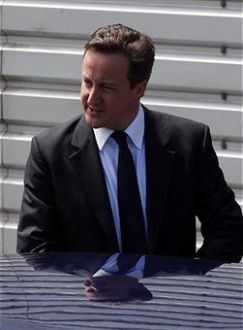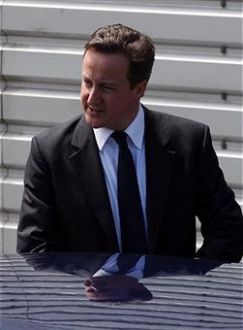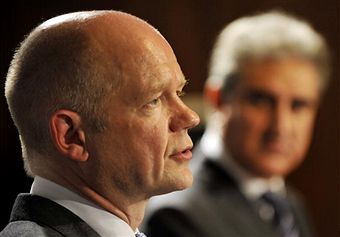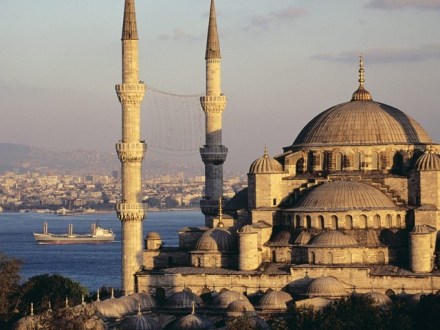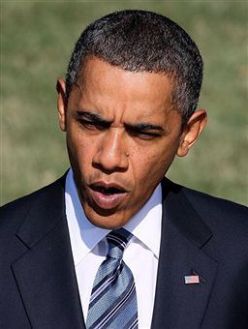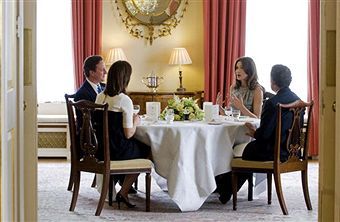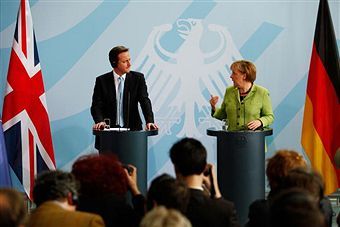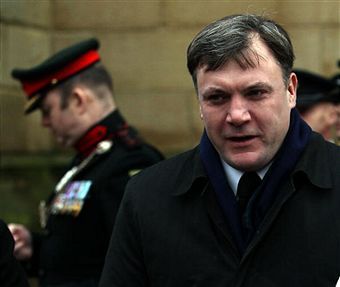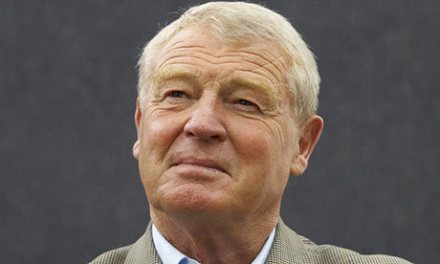Europe rises from its slumber
Emblazoned across the Times is the headline: ‘Europe warns Obama: this relationship isn’t working.’ The piece is teeming with quotations from diplomats and representatives of major European governments, voicing their concern that post-Cold War America no longer offers Europe a privileged relationship. The goodwill that Europe offered Obama has entirely evaporated. Few diplomatic spats are ever one-sided, and the Americans are deeply frustrated with the European Union. A White House official condemned the EU’s ‘non-existent foreign policy apparatus’, and Richard Haass of the Council on Foreign Relations said: ‘Europe created these posts (EU President and EU Foreign Minister) to speak for the collective as a whole. But from the perspective
